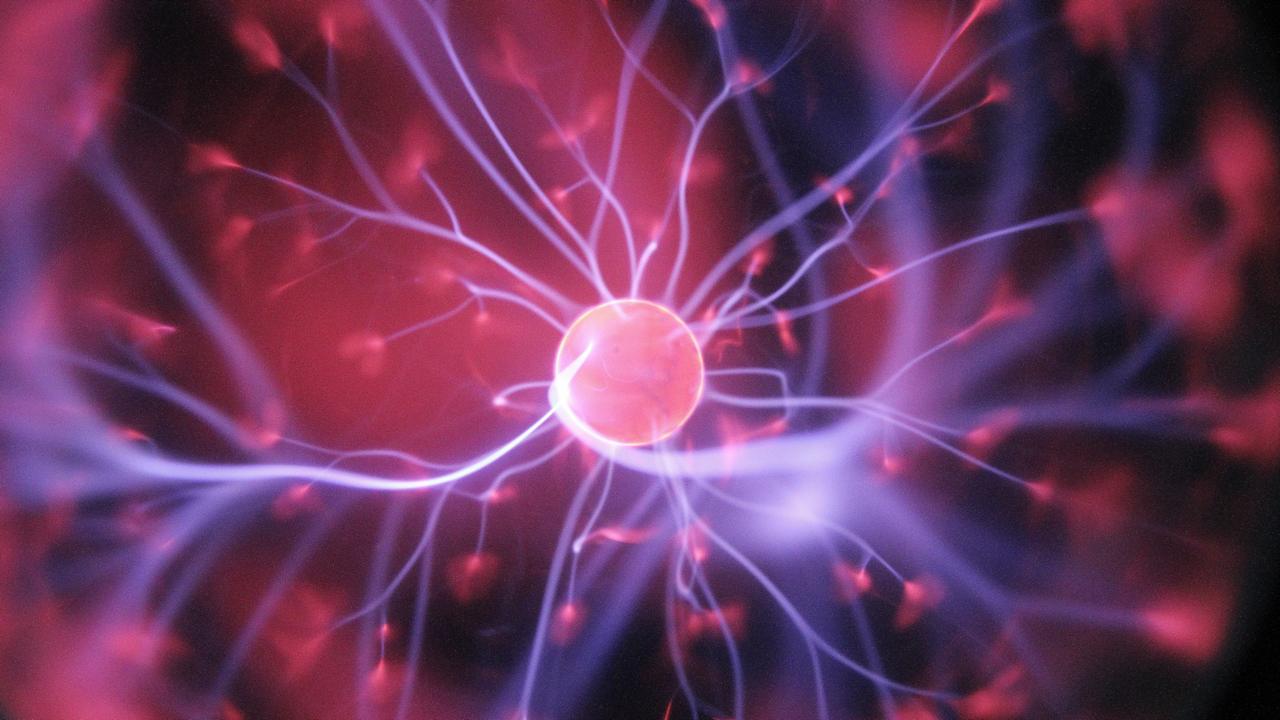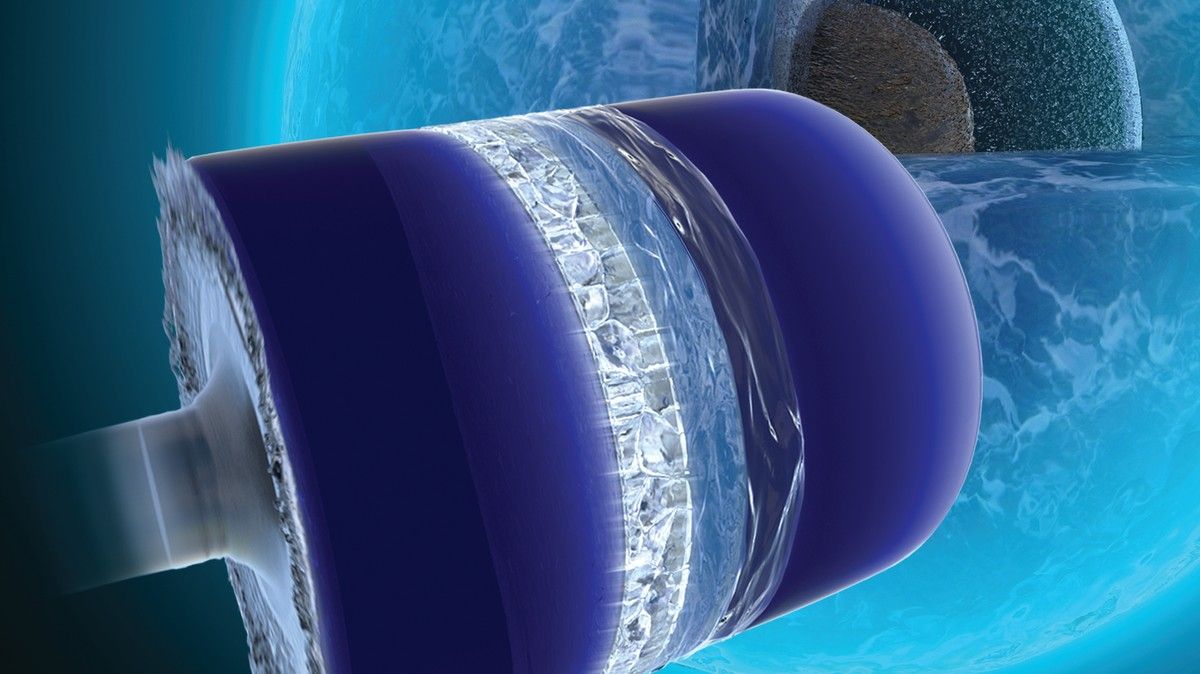Oct 28, 2018
Brain’s ‘gatekeeper’ decides which details need attention
Posted by Genevieve Klien in category: neuroscience
Neuroscientists know a lot about how our brains learn new things, but not much about how they choose what to focus on while they learn. Now, researchers have traced that ability to an unexpected place in the brain.
In order to learn about the world, an animal needs to do more than just pay attention to its surroundings. It also needs to learn which sights, sounds, and sensations in its environment are the most important and monitor how the importance of those details change over time. Yet how humans and other animals track those details has remained a mystery.
Scientists think they’ve figured out how animals sort through the details. A part of the brain called the paraventricular thalamus, or PVT, serves as a kind of gatekeeper, making sure that the brain identifies and tracks the most salient details of a situation. The findings appear in the journal Science.

















